02:11
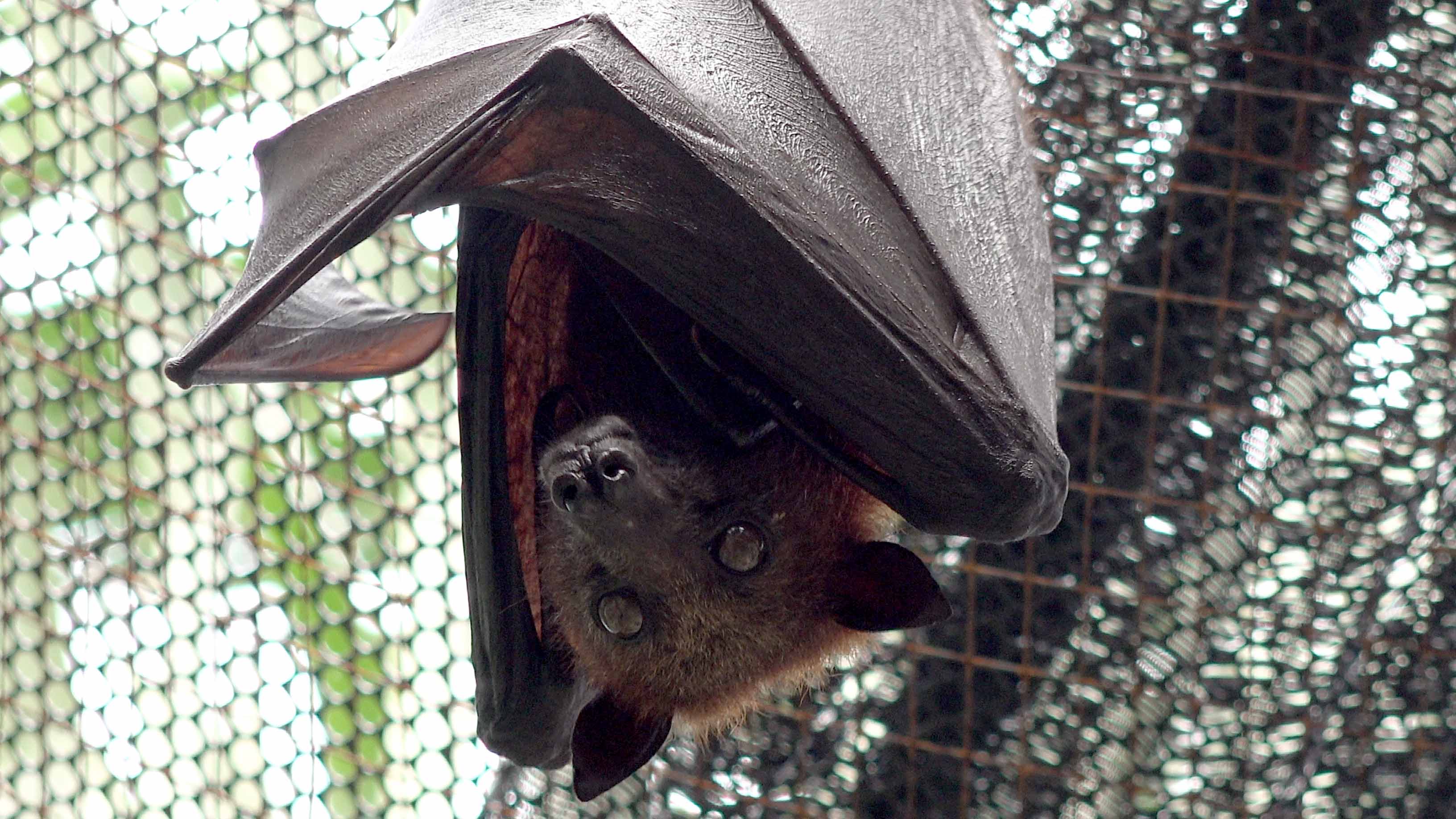
From a public relations standpoint, it's not a good time to be a bat – much less a member of the flying fox fruit bat species linked to the spread of COVID-19.
"Bats have always had this negative reputation in general," said Malaysian researcher Sheema Abdul Aziz. "So, this isn't exactly something new, but it has escalated and become a lot more severe because of the pandemic and so what we are seeing is there has been a bit of backlash in terms of creating more negative attitudes towards bats."

The COVID-19 pandemic has worsened negative perceptions of bats. /CGTN
The COVID-19 pandemic has worsened negative perceptions of bats. /CGTN
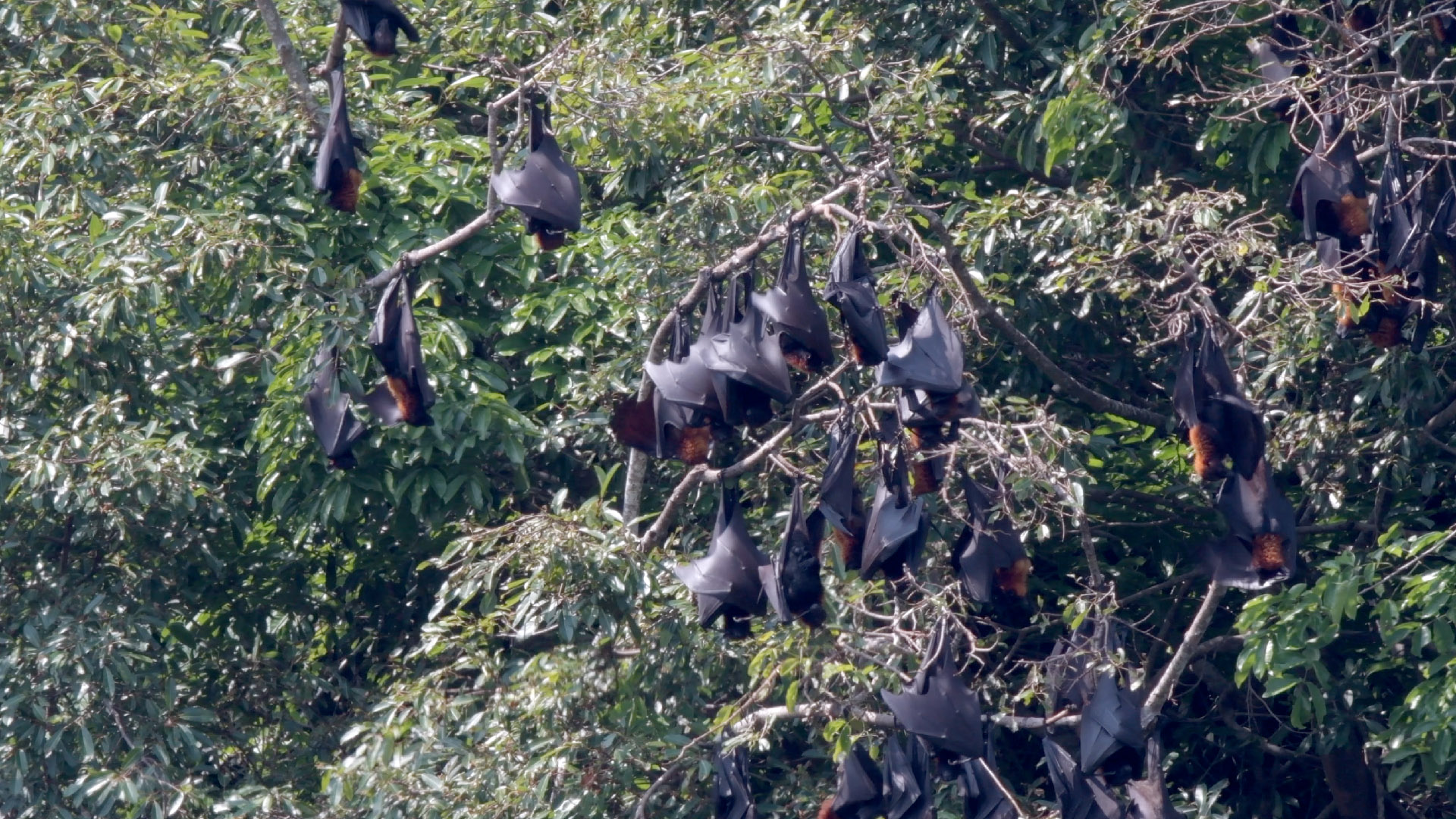
Flying foxes play a key role in the tropical ecosystem. /Sanjitpaal Singh.
Flying foxes play a key role in the tropical ecosystem. /Sanjitpaal Singh.
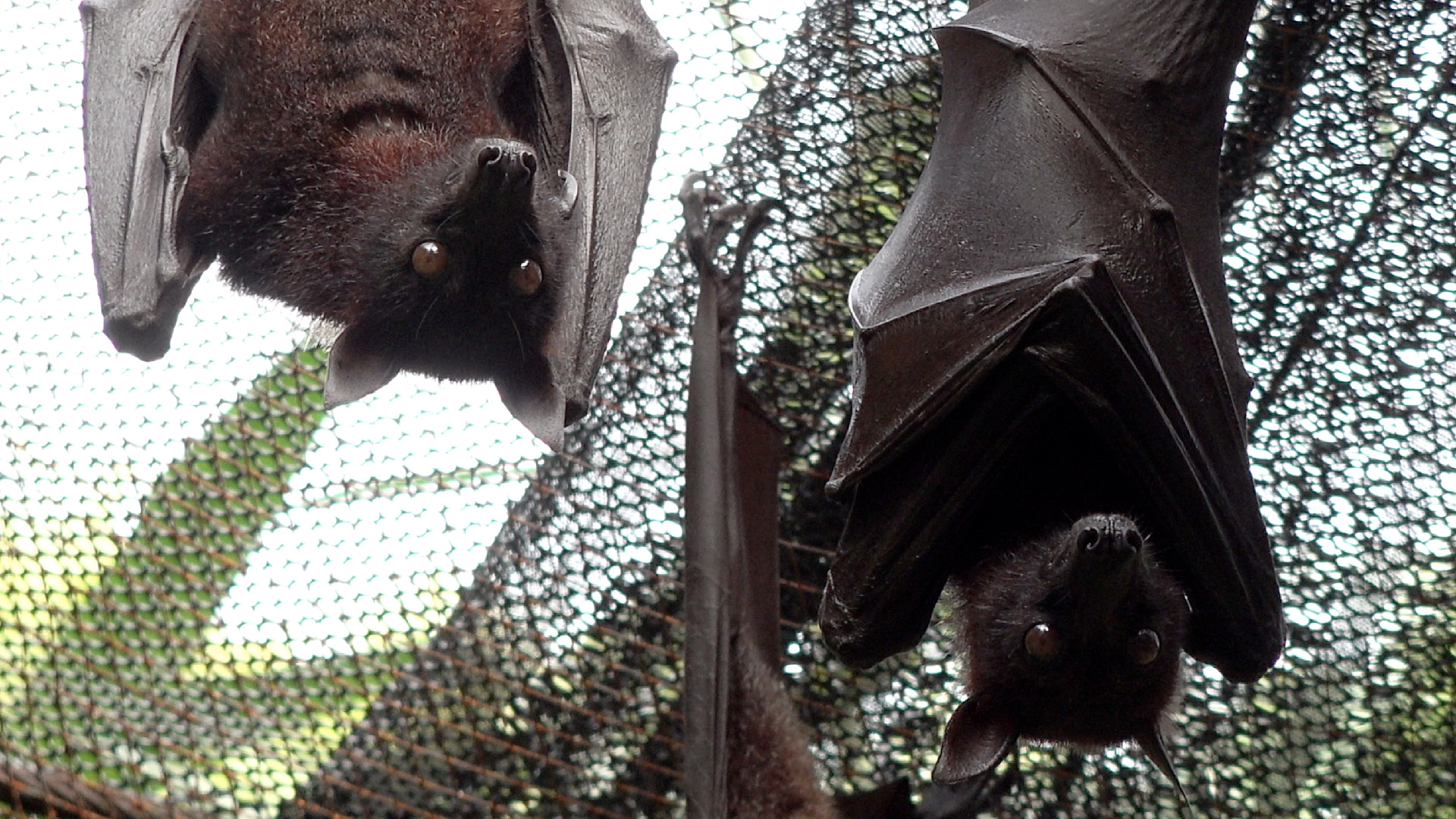
Flying foxes have been linked to the emergence of COVID-19. /CGTN
Flying foxes have been linked to the emergence of COVID-19. /CGTN
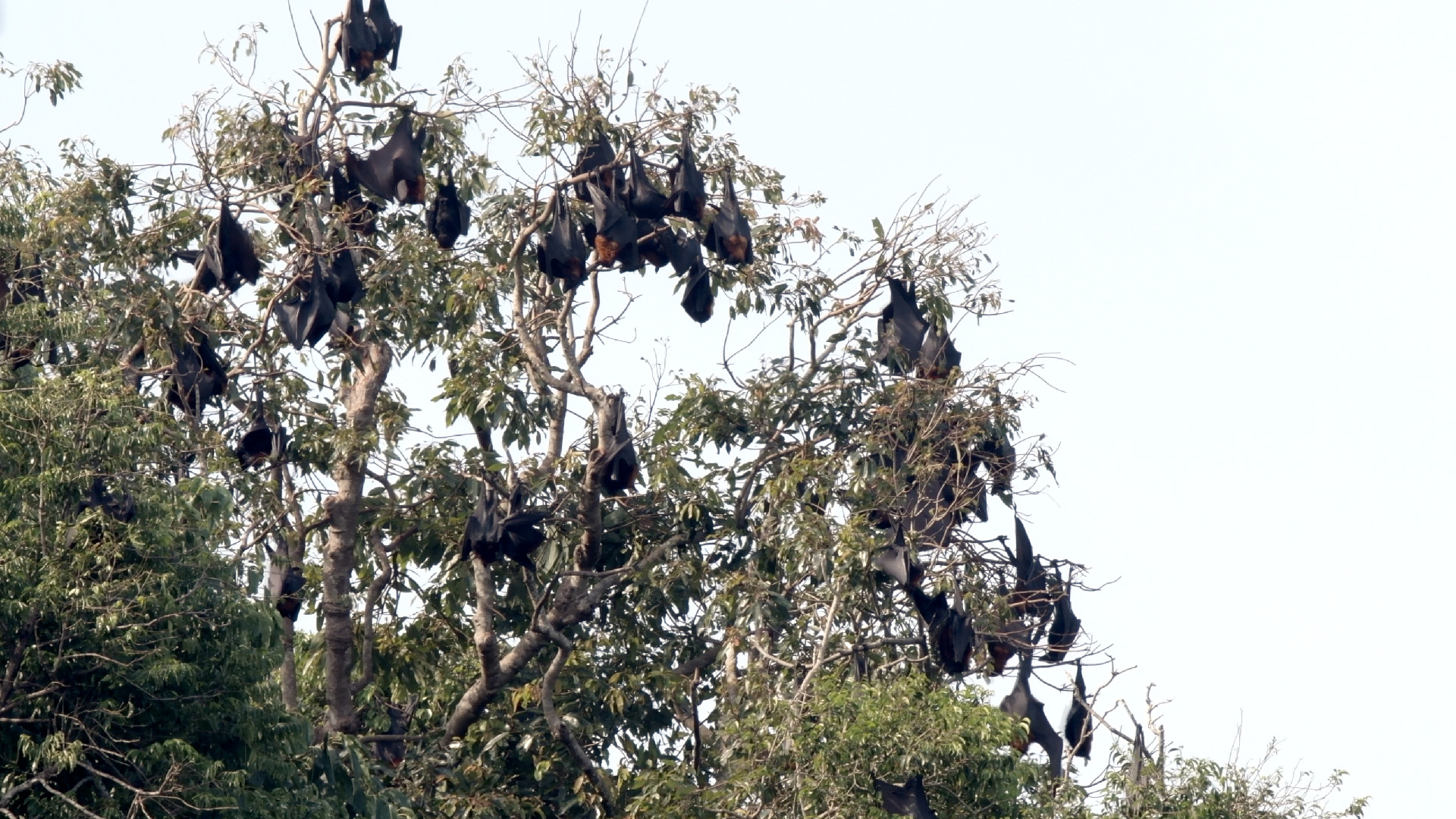
Flying foxes are hunted for food and medicine. / Sanjitpaal Singh
Flying foxes are hunted for food and medicine. / Sanjitpaal Singh
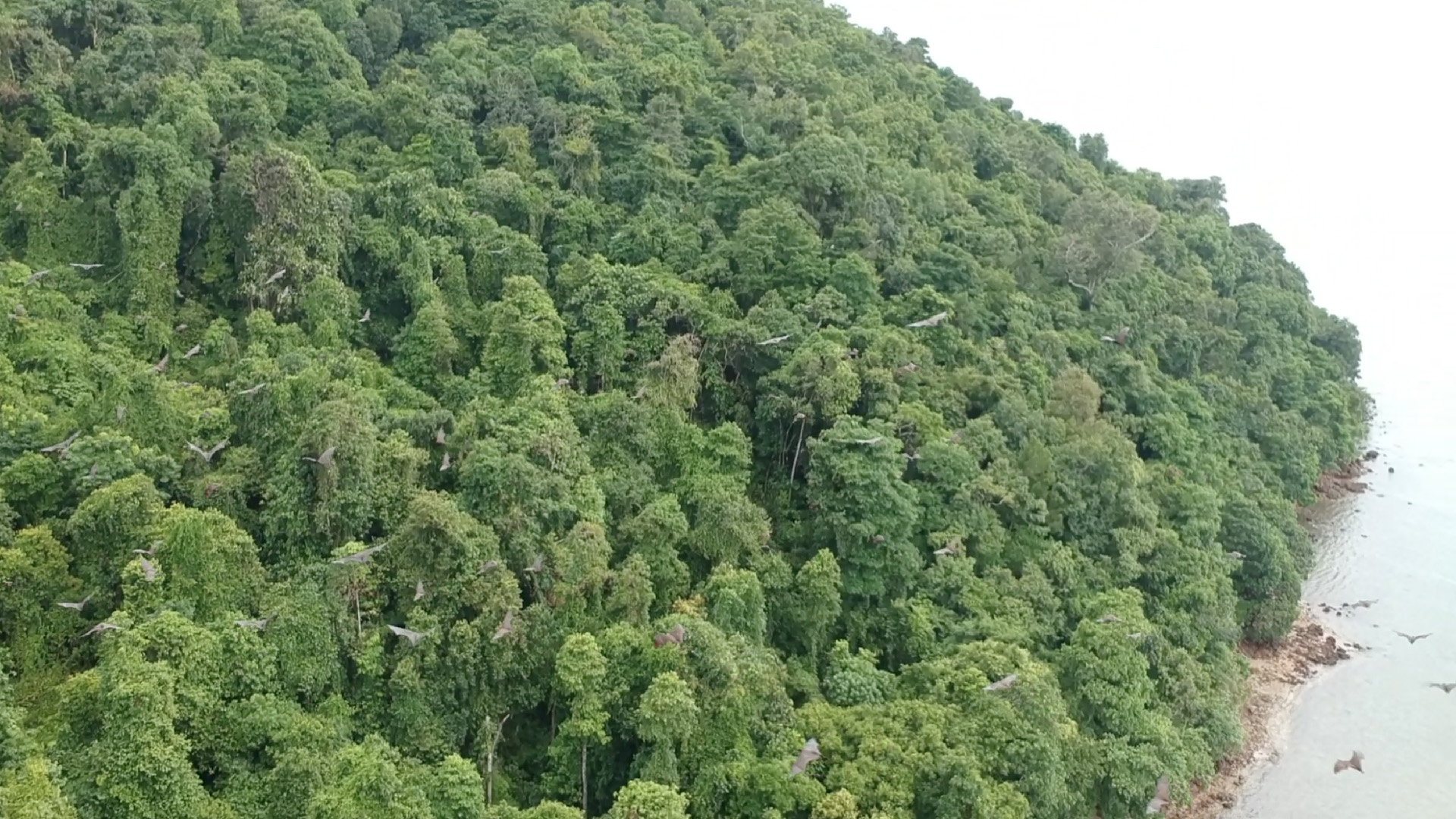
Flying foxes are both seed dispersers and pollinators. /Reza Issa
Flying foxes are both seed dispersers and pollinators. /Reza Issa
Following the outbreak of the deadly Nipah virus in Malaysia in 1998, which was transmitted from fruit bats to pigs and then to humans, most research in the country has focused on the flying fox and other bats' role as possible vectors of disease.
"I knew from research done in other countries that they actually played as very major and important role in maintaining the health of our tropical ecosystems," said Dr. Sheema, co-founder of Rimba, a non-profit group of scientists.
"At the same time, I found out that the flying foxes are disappearing very rapidly because of human activities, such as hunting and clearing forests and mangroves."
They are not just hunted for food and medicine. Fruit farmers often kill them too.
"It just seemed like this was a very important issue that was being overlooked and ignored," Sheema said.

Flying fox numbers have dwindled seriously. /CGTN
Flying fox numbers have dwindled seriously. /CGTN
Rimba's Project Pteropus – pteropus being the Latin name for the flying fox – aims to fill that knowledge gap.
Hauling himself up a towering durian tree with rope pulley, a man sets up a camera to capture night time images of the bats' activities.
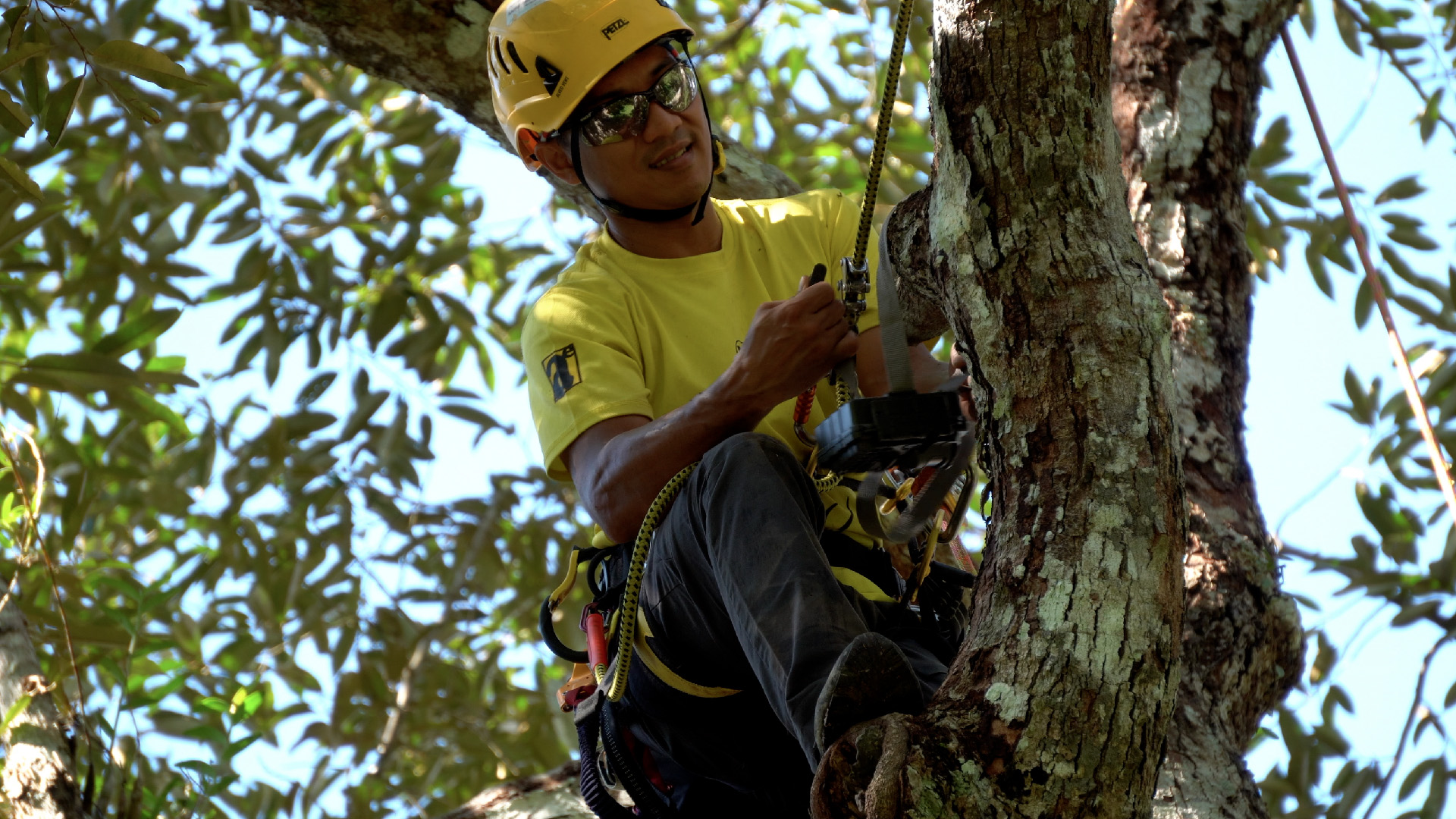
Hauling himself up a towering durian tree with rope pulley, a man sets up a camera trap to capture night time images of the bats' activity. /Rimba
Hauling himself up a towering durian tree with rope pulley, a man sets up a camera trap to capture night time images of the bats' activity. /Rimba
Farmers of the much-prized durian fruit had long believed that the bats knocked the durian flowers off the tree, reducing their yields. In fact, the opposite is true.
"They're playing this very important role in durian farms where they're helping to actually pollinate the durian flowers," Sheema said.
"Malaysia flying foxes play this unique dual role in a number of ecosystems, such as rainforests, mangroves, peat swamps, freshwater swamps. They're both seed dispersers and also pollinators. So, when they carry fruits away, they're actually helping to carry seeds away and helping to plant these seeds in other parts of the landscape, but then they're also visiting flowers to drink nectar as well, collecting pollen and then transferring the pollen somewhere else."
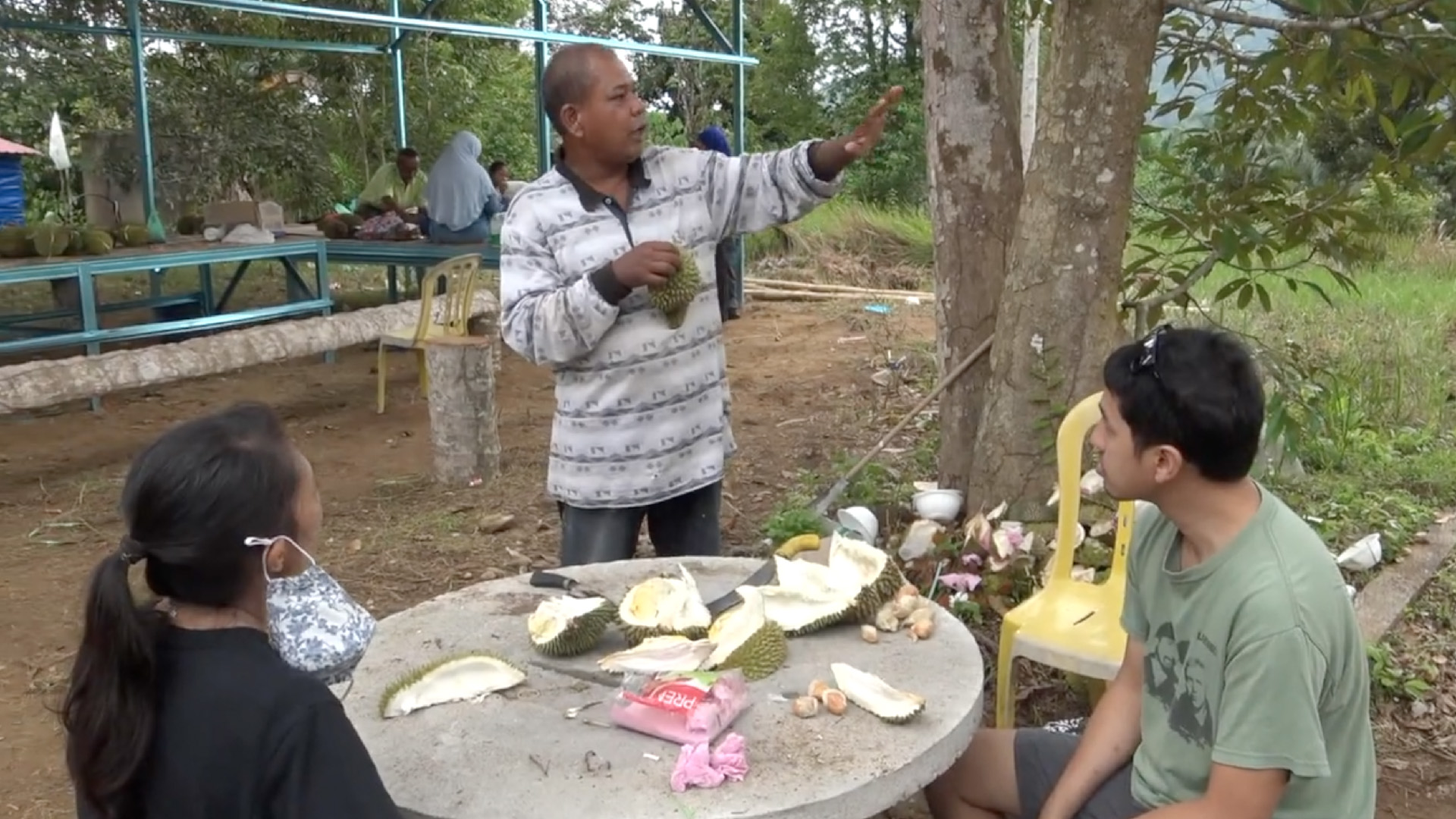
Rimba has been reaching out to fruit farmers. /Rimba
Rimba has been reaching out to fruit farmers. /Rimba
Still, their furry canine-like faces have done little to endear them to fruit farmers.
"Fruit farmers have complained about flying foxes feeding on the fruit crops in the past, and they believe this necessitates eradicating the flying foxes."
Project Pteropus has set out to research the role the flying fox bats play in the ecosystem to counter the negative perceptions – and the unnecessary killing. Rimba has produced posters and animated videos to reach out to the public and gone to the ground to educate farmers.
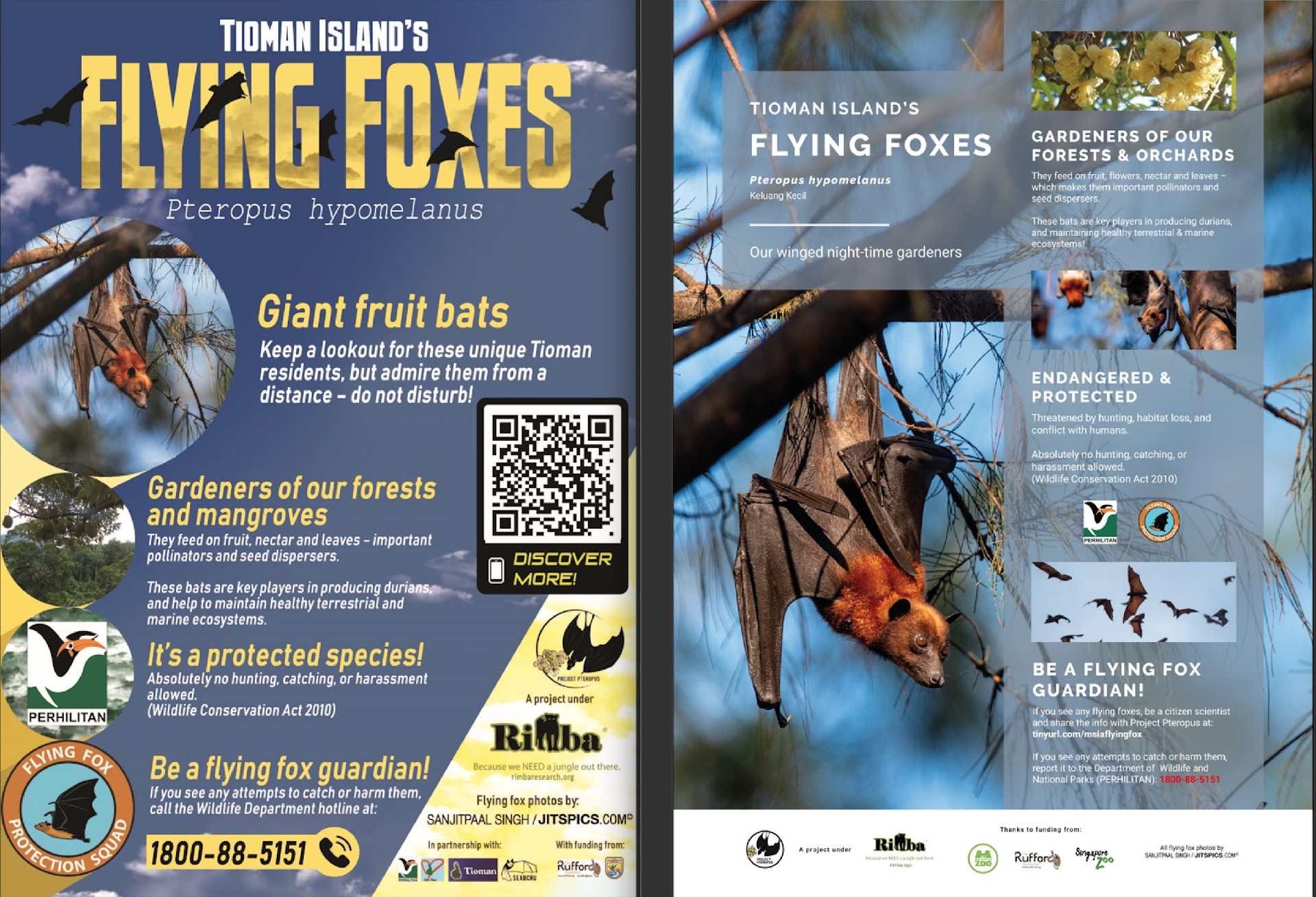
Rimba has created posters to raise public awareness. /CGTN
Rimba has created posters to raise public awareness. /CGTN
Eric Chong runs an ecolodge and fruit orchard on the northern island of Penang.
"At my neighbor's farm, they are actually putting up nets to trap the bats, especially around their fruit trees," he said.
"When we first got the farm, our caretaker had advised us to leave the bats alone, they actually will help the farm, so we left the bats alone, not having much proof of actually what bats do."
Then Rimba showed him the night camera video of the bats interacting with the durian flowers.
"When I saw that video of the bats pollinating the durian flowers, yeah, I was very convinced of their beneficial impact," Chong said.
He believes other farmers would be too.

Rimba is using animations to raise public awareness. /CGTN
Rimba is using animations to raise public awareness. /CGTN
But Rimba knows there's more than just misperception at work here. Flying foxes aren't dubbed fruit bats for no reason.
"We need to start investigating and trialling mitigation methods in partnership with the farmers so that we can look into ways that we can help protect the fruit crops from the bats without actually killing the bats," Sheema said.
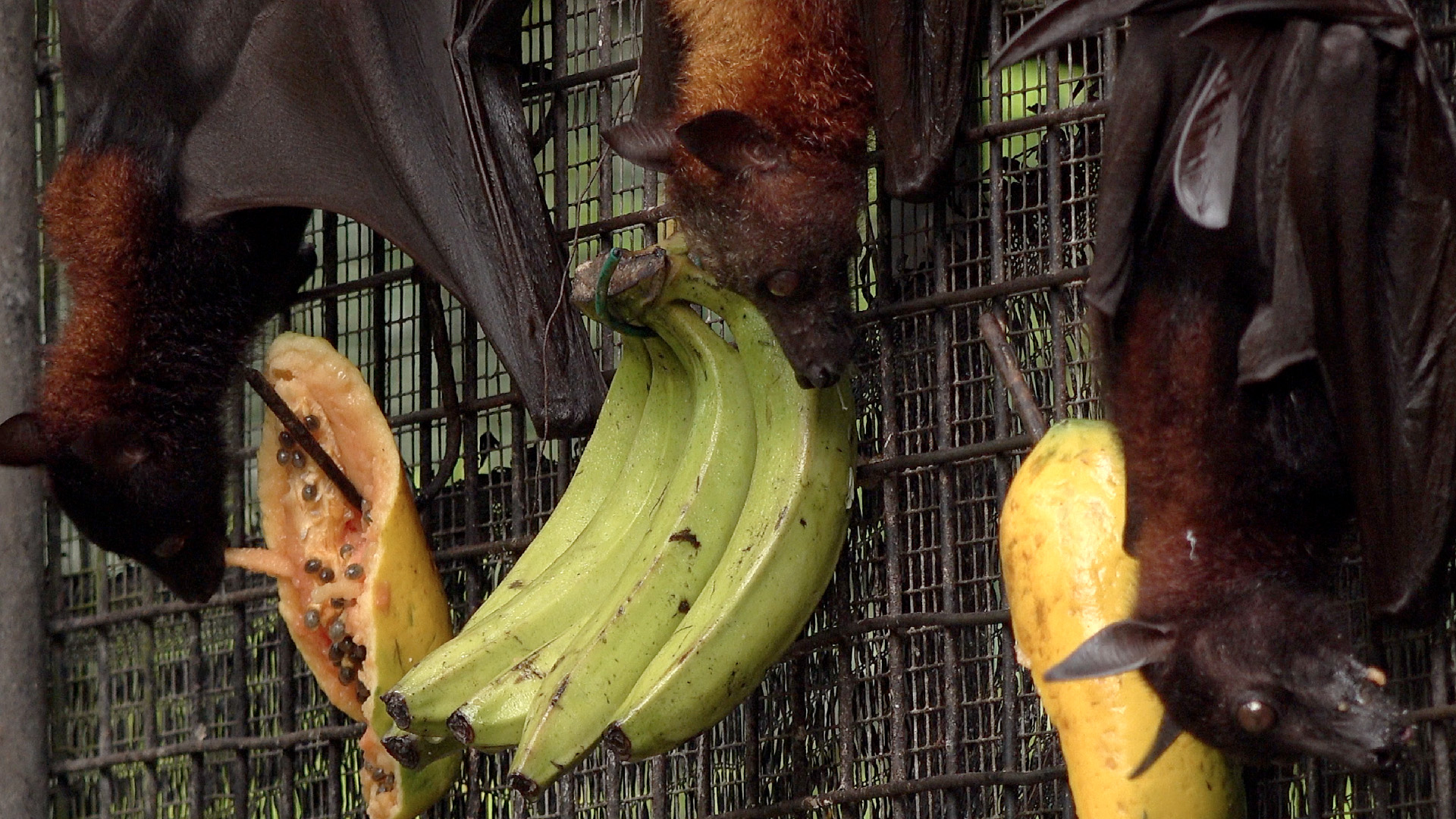
Flying foxes aren't dubbed fruit bats for nothing. /CGTN
Flying foxes aren't dubbed fruit bats for nothing. /CGTN
Rimba is also reaching out to educate the broader public too.
"Anyone who might be hunting or killing flying foxes, they actually need to stop this kind of practice because if the flying fox disappears from the ecosystem, if they disappear from Malaysia, they could be very negative impacts on all of us on our well-being, on the economy, on industries."
As for fears about bats as spreaders of deadly disease, "All they need to do to avoid infection risk from bats is really to just leave bats alone, not to consume them, not to disturb them, not to kill them."
(If you want to contribute and have specific expertise, please contact us at nature@cgtn.com.)